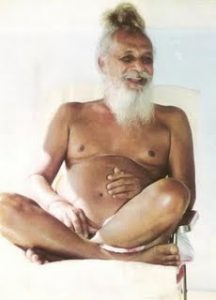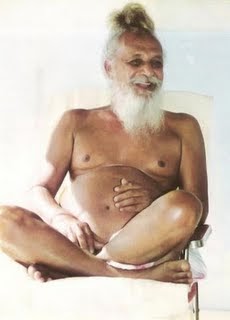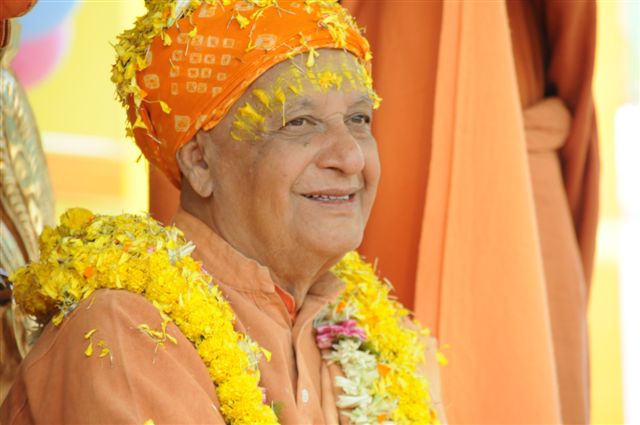 Swami Satyananda
Swami Satyananda
Love is most difficult to practice, but hatred is easy. To be false is so natural. Love gives rise to exemplary behavior in man, while hatred causes obnoxious behavior. I am not talking of love between a man and woman here, although that is also an act of love, but of that love which is an expression of compassion for all beings. Love has to be defined in a wider perspective. Usually when we speak of love, we think of the feeling between two people, a man and woman. I am the lover and you are the beloved. Love is understood in this perspective, which is incomplete.
The love between a husband and wife, mother and son, brother and sister, friend and friend may be very deep. However, the love between a devotee and God, or a disciple and guru, where two hearts unite, is complete. When two hearts are repulsed by each other, there is hatred. Whenever such feelings come to your mind, you must say, “No, he does not know what he is doing,” just as Christ said from the cross, “God forgive them, for they know not what they do.” That has to be the attitude.
Although you may understand this principle, it is still very difficult to practice. It is so easy to speak of love, but what I have said in five minutes may take you lifetimes to achieve. Those who really want to practise love must be prepared to sacrifice as well, because love means sacrifice. Love is giving, not taking. It is an act of unconditional giving and giving and giving, where you may lose yourself, you may even be completely destroyed.
Who knows? In the act of love, even if you are a loser it does not matter. But if you only want to be the winner, then it is better not to try because the lover is going to be the loser. True love is giving and not receiving.
Very few people know how to love. True love is the expression of your inner self in the language of purity and effulgence of heart. What Christ, Buddha, Mohammed, Zoroaster and other saints and sages have said about love is not easy to practice. The most difficult thing is to “Love thy neighbour.” You may have experienced your neighbour as your worst enemy. However, the saints were such strong people. They did not say, “Love thy distant neighbour,” they said, “Love thy neighbour,” because they knew that he is the one who always creates problems for you in your neighborhood, fighting with you and consulting a lawyer over every little thing.




